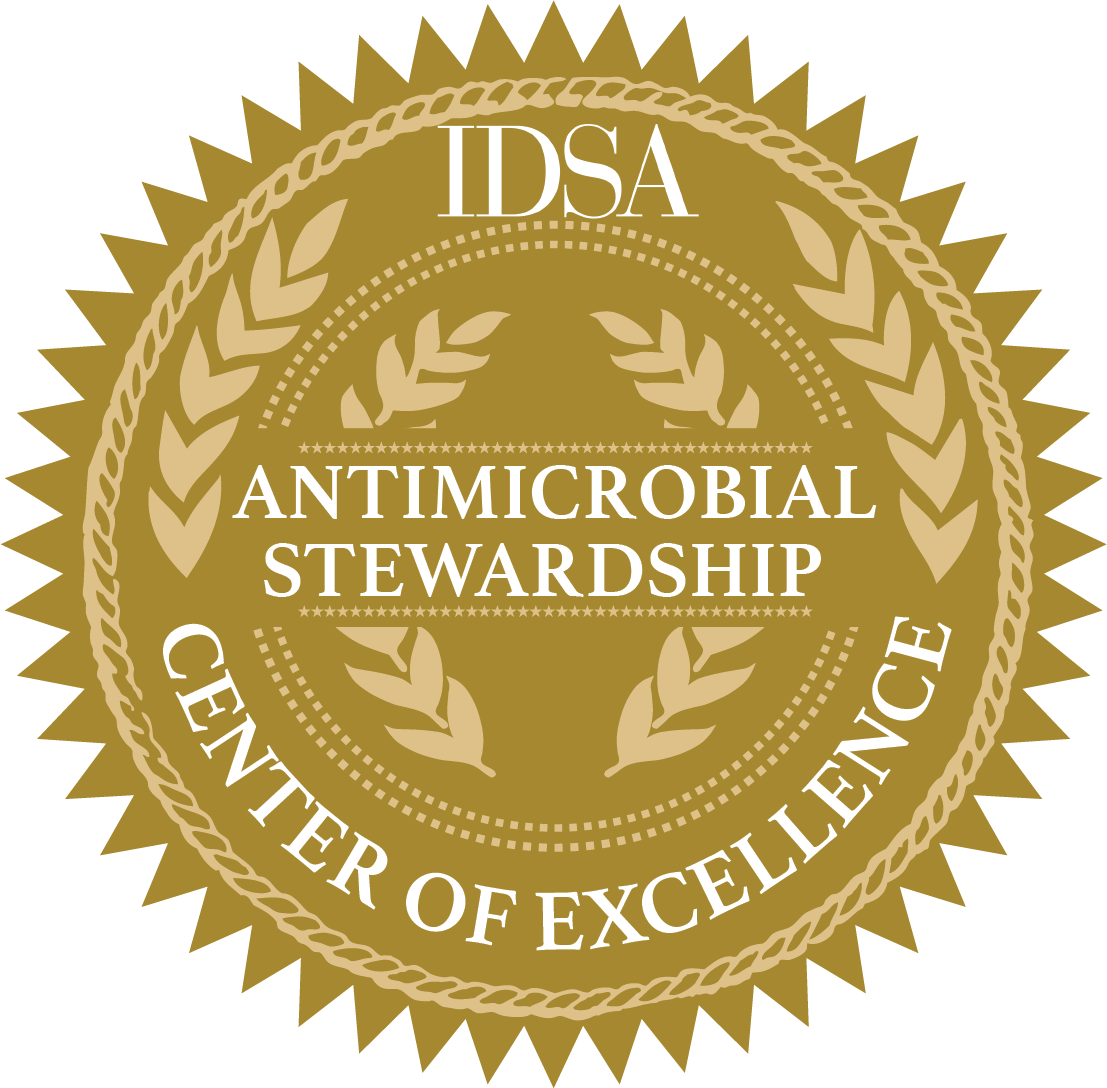Did you know that Hepatitis C can often be treatable and that referral to an infectious disease specialist can make all the difference? With our deep knowledge of the latest options and treatments, our specialized staff can help you make Hepatitis C treatable and even curable.
What Should Patients Do?
The first step is to know your status. If you meet any of the following criteria ask your doctor to test for Hepatitis C:
- All patients born between 1945-1965
- Patients who have used IV drugs even once in their life
- Patients with tattoos
- Individuals who have shared straws with others for nasal drug use
- Those who received blood or blood products before 1992
Our very first commitment, above all else, is to patient safety. You can be sure that everyone here shares a relentless focus on making sure that you, and all our patients, are safe. Our patients should feel a sense of comfort and security when under our care. Our infectious disease specialists work closely with Trinity Health Of New England’s Quality Management team, our physicians and caregivers to maintain the highest standards of infection prevention and adult immunization.
Before you head off on your next trip, make the Travel Medicine Program your first stop. Our team of infectious disease specialists has everything you need to make your next getaway a safe and healthy one. We offer advice and preventive care before you leave, mid-trip consultations and follow-up care for after you return home, if needed. We are available to consult with your primary care physician or other specialists by phone.
The Travel Medicine Program offers a full range of prescriptions, vaccinations and travel advice, whether you are heading to the mountains or the beach, or traveling abroad for business. Our program is one of only a few federally licensed providers of yellow fever vaccine, and we follow all current vaccination recommendations of the Centers for Disease Control and Prevention.
Infectious Disease specialists provide education, prevention and treatment of HIV patients. We provide a full range of patient resources, including access to social services and health care and assistance with housing, transportation, medication and support services.
Vaccines are not just for kids. In fact, adult vaccines can help keep you and your family healthy. Our adult vaccine clinic offers the following vaccines:
- Meningococcal vaccines
- Zoster (the shingles vaccine)
- TDap
- MMR
- Varicella
- Tetanus
- Hepatitis A
- Hepatitis B
- Vaccines for travel: Twinex, Japanese B encephalitis, polio, rabies, typhoid and yellow fever
What is antibiotic resistance?
Antibiotic resistance occurs when drugs (antibiotics) are no longer able to kill bacteria that cause infection. It is one of the greatest public health challenges facing the world today and impacts our ability to successfully treat certain types of infections.
In the United States, antibiotic-resistant bacteria cause more than:
- 2.8 million infections per year
- 35,000 deaths per year
Improper use of antibiotics is one of the leading causes of antibiotic resistance. Optimizing how antibiotics are prescribed through antimicrobial stewardship can reduce the chances of resistance occurring, and reduces other harms caused by unnecessary antibiotic use such as side effects and increased healthcare costs.
What is antibiotic stewardship?
Antimicrobial stewardship is ensuring that patients are only given antibiotics for diagnoses that have clinical evidence to support their use. And when patients do receive antibiotics, stewardship is making sure they receive the correct antibiotic for their specific type of infection, at the right dose and for the right amount of time.
What does the antibiotic stewardship program at Trinity Health Of New England do?
Trinity Health Of New England/Saint Francis Hospital has had an active antibiotic stewardship program since 2014. It is a joint initiative between the Division of Infectious Diseases and the Department of Pharmacy. The program works collaboratively with clinicians and staff from a variety of disciplines and departments to:
- Ensure antimicrobials are being used correctly in our patients
- Improve patient outcomes
- Slow the development of antimicrobial resistance
The program is responsible for the following:
- Developing policies and initiatives to promote appropriate use of antibiotics
- Assisting clinicians with antibiotic selection and clinical decision making
- Monitoring and tracking resistance trends, antibiotic use and prescribing practices
- Providing education on correct antibiotic use for clinicians, hospital staff and patients
- Ensuring compliance with regulatory requirements and the CDC’s Core Elements of Hospital Antibiotic Stewardship Programs
Antibiotic Stewardship Program Leadership:

Dora Wiskrichen, PharmD, BCPS, BCIDP
Antimicrobial Stewardship Pharmacist
IDSA Antimicrobial Stewardship Centers of Excellence Designation

Trinity Health Of New England/Saint Francis Hospital is proud to have the IDSA Antimicrobial Stewardship Centers of Excellence Designation. The core criteria for the CoE program place emphasis on an institution’s ability to implement stewardship protocols by integrating best practices to slow the emergence of resistance, optimize the treatment of infections, and reduce adverse events associated with antibiotic use and other challenging areas related to antimicrobial stewardship.
Antibiotic Stewardship Resources for Patients:
Antibiotic Stewardship Resources for Healthcare Providers:
